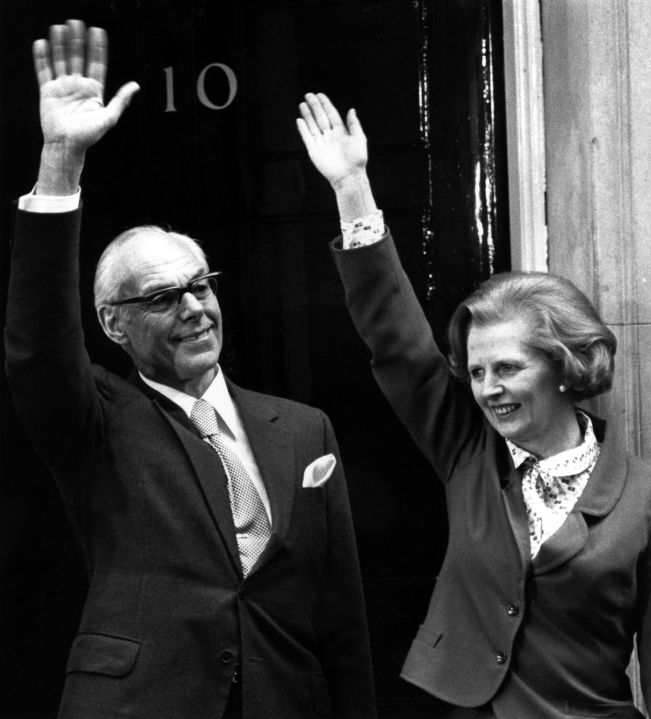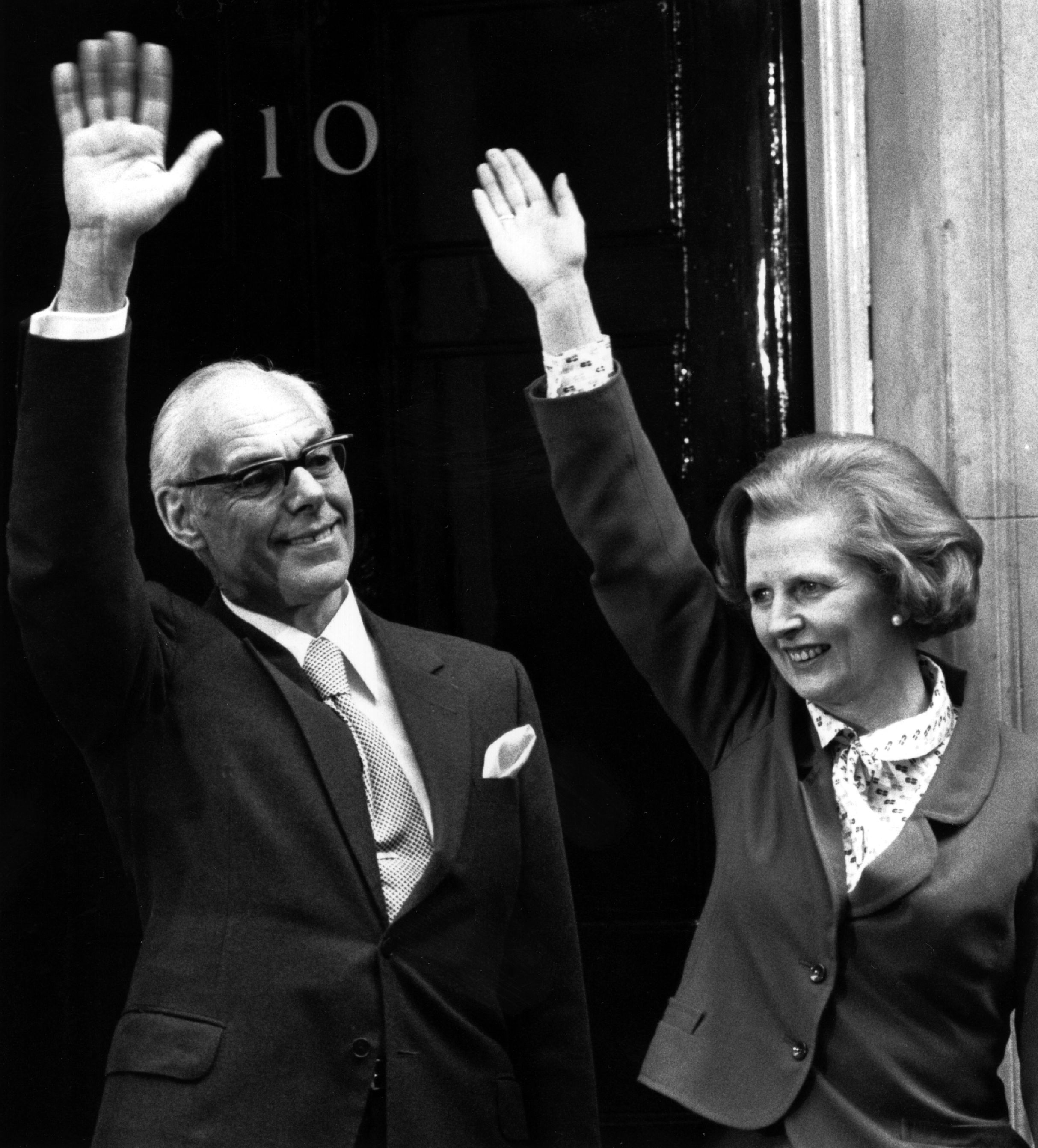 “Where there is discord, may we bring harmony.
“Where there is discord, may we bring harmony.
Where there is error, may we bring truth.
Where there is doubt, may we bring faith.
And where there is despair, may we bring hope.”
It was 30 years ago today that The Lady said these words at 10 Downing St. It’s not quite the Prayer of St Francis of Assisi – the first line appears to have been a little improvisation. And it is the one most often quoted because it strikes such a contrast with what was to come. They are often quoted because they strike such a contrast with what was to come. She had, in fact, come to turn Britain upside down, and to do so at a frenetic pace. When speaking to the Church of Scotland nine years later, she gave a version a little closer to her gospel. The Old Testament prophets, she said:
For everything, there is a season. There are times for consensus, and 1997 was such a time. There is time for saving Britain by radically changing government by transferring power (and money) from inside government walls to the people outside. We are now living in such times.“…didn’t go out into the highways saying, ;Brothers, I want consensus’. They said, ‘This is my faith and vision! This is what I passionately believe! And they preached it. We have a message. Go out, preach it, practice it, fight for it – and the day will be ours!'”
It’s worth considering Cameron’s predicament. He was elected leader in a time of consensus, where no one could see that the Brown bubble (in debt, and state spending) was about to burst. Now, it’s time for radical surgery – and Cameron is being passed the surgical gloves. The Tories chose Thatcher over Heath in 1975 because they wanted to change tone: a little less Francis of Assisi and a little more revolutionary fervour. Cameron now has to mutate, from one form of Opposition leader to another. We like to think we give him the right form of encouragement here in Coffee House, just as we gave The Lady encouragement back in 1975. And I’d like to end on a tiny bit of this.
The Spectator was the only publication on Fleet St that backed Thatcher in the first ballot – mainly thanks to he clear-sightedness of Patrick Cosgrave, my late predecessor. (The Economist haughtily declared her “precisely the sort of candidate… who ought to be able to stand, and lose, harmlessly”). This, from our archives, is how Cosgrave saw the Tory Party’s choice on 25 Jan 1975:
When Cameron first became leader, he started out saying that Thatcher was right for her time – but that there is no huge argument to be had now. There is no Cold War, no miners strike. Well, now there is a battle. And Cameron is smart enough to know that it’s one that starts – as Thatcher’s did – after election day.“Heath remains wedded to the collectivist ideals he espoused from 1972 onwards and which signally failed to work. If we are to have collectivism, we had better have it with the experts and they are all in the Labour Party. At least then we could have socialism with a minimum of strife whereas under Mr Heath we had socialism with the devil of a lot of strife. There is only one direction in which the Conservative Party can proceed if it is to find itself. It must stand for all the things for which Conservatism, at the best of times, has stood – for the family and the individual. Against the state and against bureaucracy. Against monopolies and cartels. For people and against collectives. It must resist the temptation for the state to behave as a nanny. All these things may, at this moment, seem difficult. But either the party espouses them or relapses into being a pale copy of the milder sections of the Labour Party.”








Comments